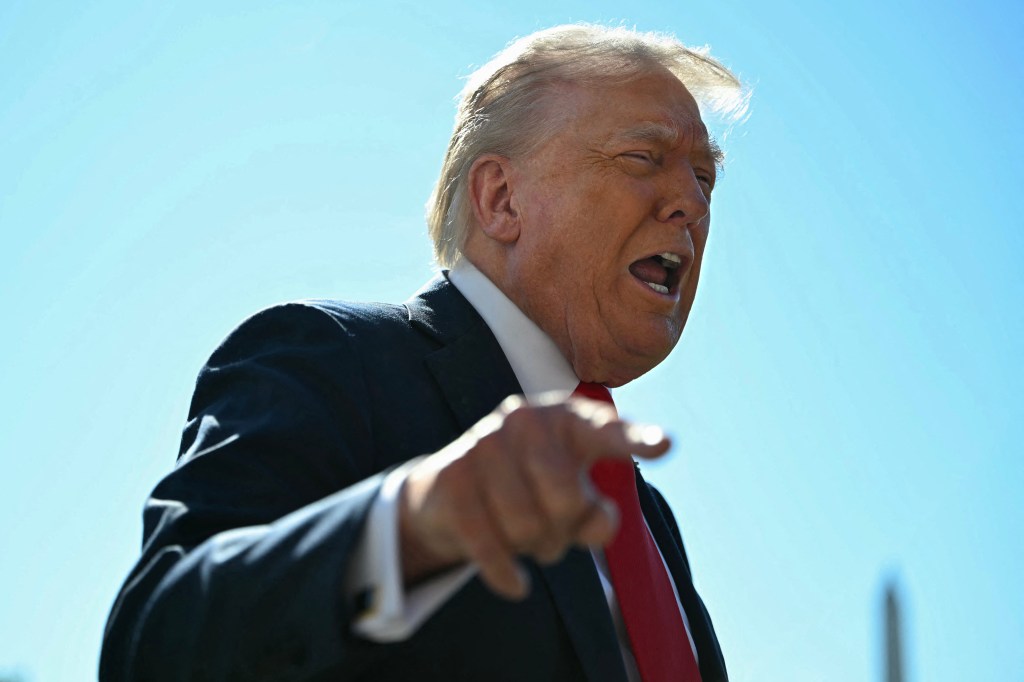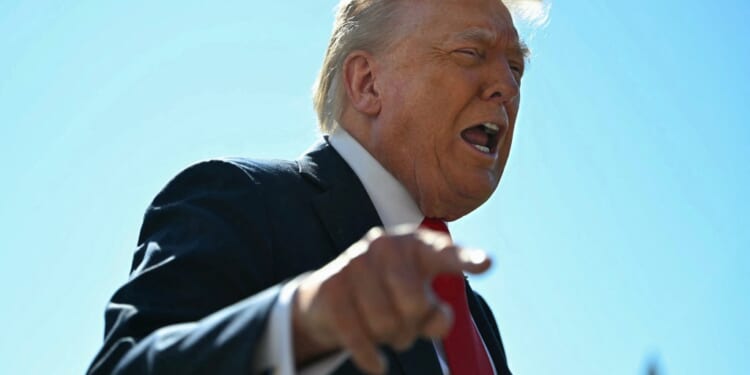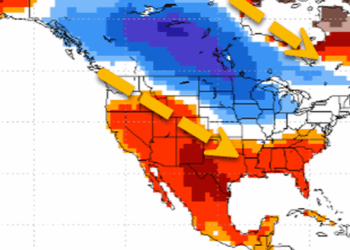
The only thing the parties can agree on is that Donald Trump is the central issue of our time.
Let’s start with a recent headline: “It’s 2025, and Democrats Are Still Running Against Trump.”
“After a year of soul-searching and introspection by Democrats about what they should stand for after losing the White House and Senate in 2024,” Shane Goldmacher of the New York Times writes, “the party is largely coalescing behind the same message that has united it for the past decade: stopping Donald J. Trump.”
Now, I confess to having missed a great deal of soul-searching and introspection among Democrats, but I am reminded of a very different search that happened two decades ago: The search for “weapons of mass destruction” in Iraq.
While you might think I am going for some weird metaphor comparing President Trump to a WMD, that’s not my point.
For those too young to remember, the George W. Bush administration focused on Saddam Hussein’s WMD program as the major—some would say sole—justification for toppling the Iraqi dictator.
This became more controversial after U.S. forces failed to find the WMD the Bush administration and others said were there. For opponents of the war, this turned into the refrain that Bush had “lied America into war.”
This was always unfair. Then-Pentagon official Paul Wolfowitz, in a now-forgotten but once very controversial interview with Vanity Fair, explained why the administration focused on WMD. “[W]e settled on one issue, weapons of mass destruction,” Wolfowitz said, “because it was the one reason everyone could agree on.”
It may seem like a stretch—probably because it is—but the parallel came to mind because Trump plays a similar dynamic inside the Democratic Party. Some segments of the party, personified by Sen. Bernie Sanders and New York City mayoral candidate Zohran Mamdami, are flirting with socialism or social democracy. Others are trying to carve out a more centrist, Bill Clinton-style, lane. Some hate Israel. Others defend it. Some want to open the government. Others want to keep the shutdown going. Some support the so-called “abundance agenda,” which seeks to curb government red tape and activist-driven NIMBYism, while others oppose it as a rollback of hard-won environmental and labor protections.
But the one thing they all can agree on: They don’t like Trump.
There are other reasons for focusing on the president. “I worry that Donald Trump is like crack cocaine for our party,” Democratic pollster Celinda Lake told the Times. “Trump is very seductive because when you put up an ad that’s anti-Trump, you get a lot of small-dollar contributions, you get a lot of activists saying, ‘Great job!’”
Lake and other Democrats worry that focusing so much on Trump is distracting the party from fashioning a more positive agenda. They’re right. Democrats are about as unpopular as they’ve ever been. This is partly because diehard Democrats are mad at their own party for not being tougher in its “resistance” to Trump (hence the shutdown). Other Democrats believe the party is too left-wing and are simply abandoning it.
For instance, in the last five years, nearly twice as many Pennsylvania Democrats switched their registration to the GOP as the other way around. It should be no surprise that opposition to Trump unifies the Democrats who haven’t left for the Republican Party.
Democrats hope that in the short term, opposition to Trump may be enough to win the upcoming off-year gubernatorial elections in Virginia and New Jersey and, perhaps, in the coming midterms.
After all, Trump is unpopular, too. His overall approval is just 37 percent according to the latest AP-NORC poll. The Economist has him at 40 percent approving, with 55 percent disapproving. Americans give him low scores on the economy and, now, immigration as well.
Still, there’s scant reason to hope for a “blue wave” in next year’s midterms. During the same period in his first term, Democrats had a 9-point advantage on generic congressional ballot. Now, it’s 1.6 points. A lot rides on where the economy will be a year from now.
The real irony, however, is that Trump isn’t just a unifying issue for Democrats. He’s a unifying issue for Republicans as well, which is one reason more people than ever are identifying as independents. Increasingly, calling yourself a Republican means being a Trump supporter for much the same reason that calling yourself a Democrat means being a Trump opponent: It’s the only thing the GOP can agree on.
What this means for the future is unclear, save for one thing: Once Trump is no longer president, or even once he’s a lame duck, both parties are going to have a huge fight trying to figure out what they stand for.
















